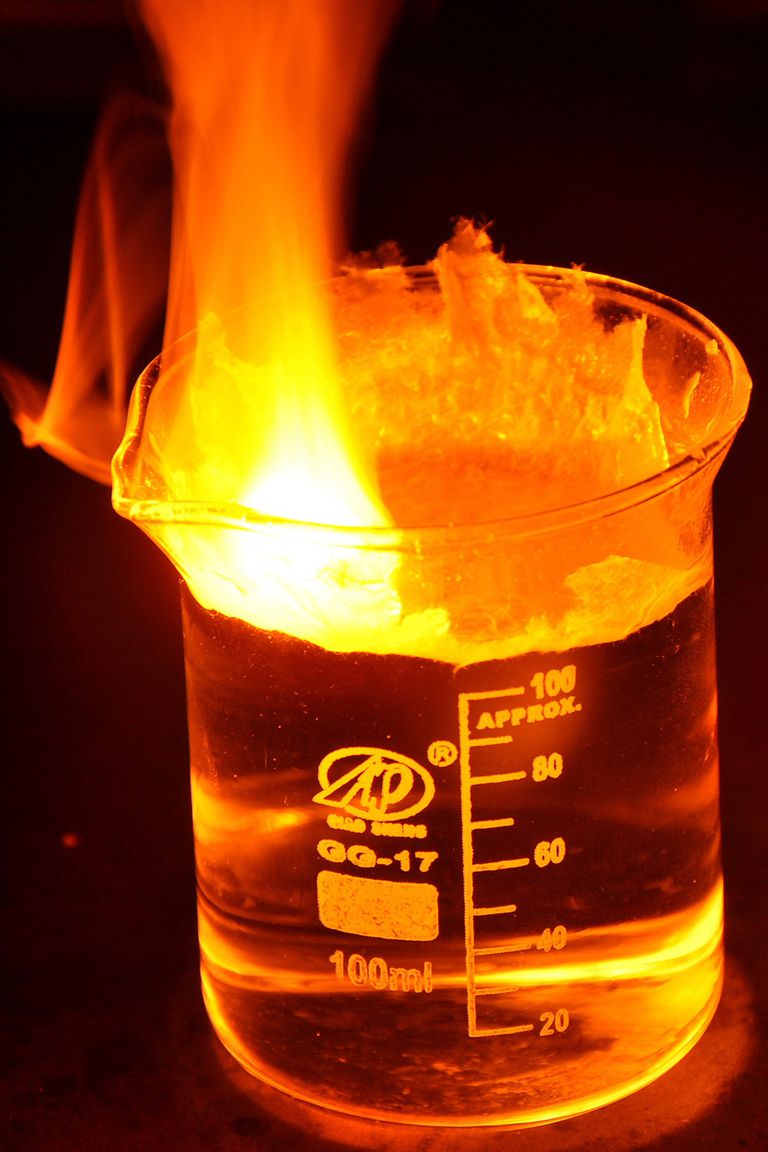South Korean researchers have developed a high power hybrid sodium-ion battery that can be charged in seconds, in a potential breakthrough that could be consequential for the way critical minerals are required for technological innovations.
Co-authored by Korea Advanced Institute of Science and Technology (KAIST) doctoral candidates Jong Hui Choi and Dong Won Kim, the study was published in the journal Energy Storage Materials.
Why a sodium battery?
Sodium is nearly 1000 times more abundant than lithium and is less rare a mineral. So a sodium-ion electrochemical energy storage would be a cheaper and potentially more feasible source of energy due to its comparative abundance in the world around us.
“The development of a hybrid battery with high energy and high power density requires an improvement to the slow energy storage rate of battery-type anodes as well as the enhancement of the relatively low capacity of supercapacitor-type cathode materials,” the researchers said in a statement.
Led by Professor Jeung Ku Kang from the Department of Materials Science and Engineering, the research team integrated anode materials typically used in batteries with cathodes suitable for supercapacitors.
The combination helped the battery to achieve high storage capacities and rapid charge-discharge rates.
What does it mean?
The study indicates that the battery can be a viable next-generation alternative to lithium-ion batteries.
The battery may potentially fulfill an increasing demand for low-cost electrochemical energy storage devices with high energy density for prolonged operation on a single charge and fast-chargeable power density. It can then meet a wide range of applications ranging from mobile electronic devices through electric vehicles (EVs) to large-scale grid systems.
At present, the available sodium-ion energy storage systems are poor in rechargeability as they have a low power density while providing a relatively high energy density.
Researchers are focused to develop sodium-ion hybrid energy storage (SIHES) cells.





